About Us
SOWtrack
consortium
Europe’s leading pig welfare experts, working together in SOWtrack
University of Helsinki (UH) coordinates and manages the consortium, as well as leading the tasks which specifically require coordination between partners. UH is supported by epidemiological expertise from the French Agency for Food, Environmental and Occupational Health & Safety (ANSES).
The Norwegian University of Life Sciences (NMBU) leads Objective 1 of the project, and has a long track record of developing and validating ABMs for pig welfare as well as direct connections to MatPrat, which provides a foundation for the repository.
The Autonomous University of Barcelona (UAB) leads Objective 2 with their specific expertise on on-farm data collection and dataset organisation through their experience gained in the ClearFarm and the MoreWelfare projects, and their participation in the Animal Welfare Platform development in the European Partnership on Animal health and Welfare.
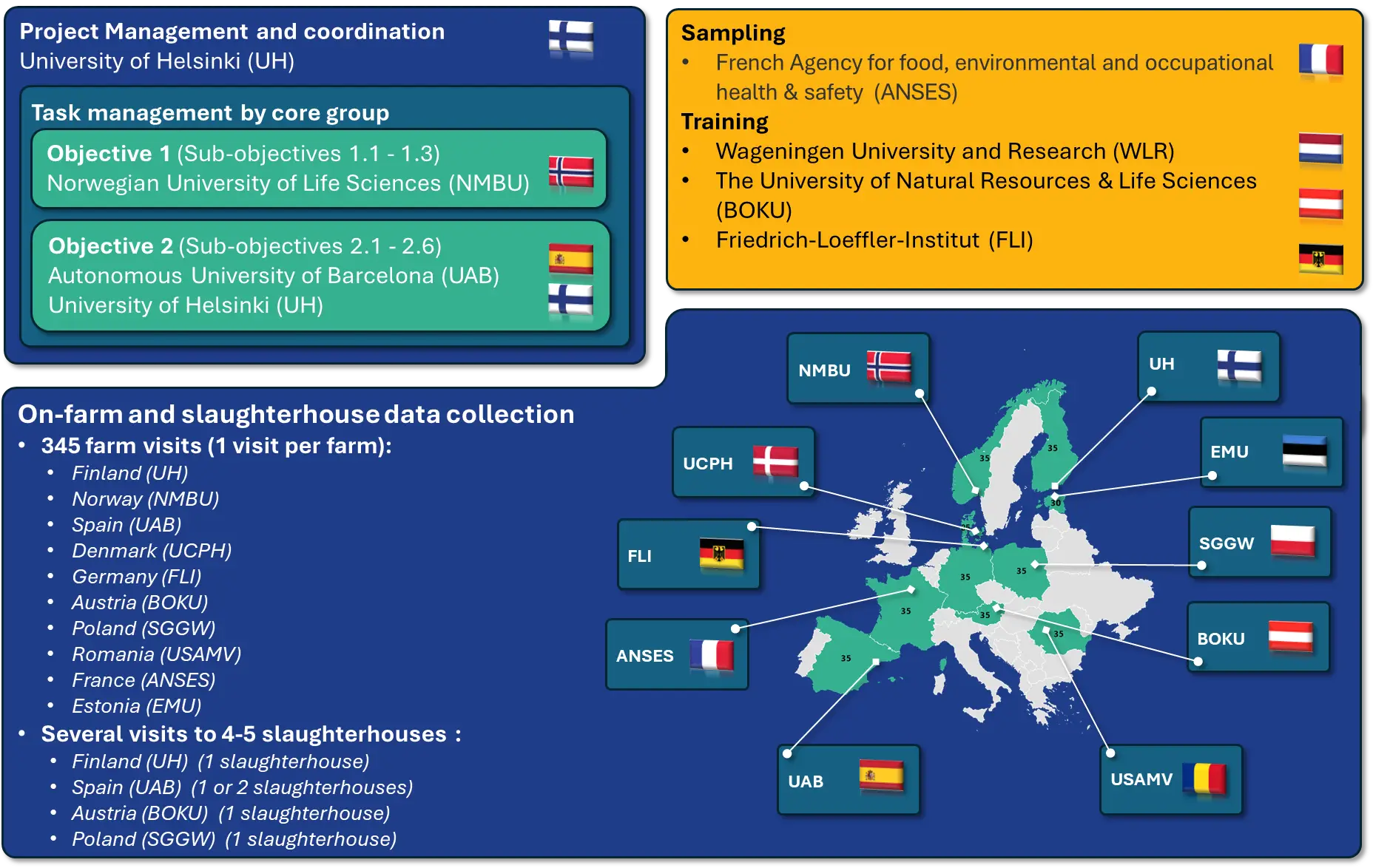

The Faculty of Veterinary Medicine at UH (FVM) is the only institution in Finland educating veterinarians. Research collaboration is nationally and internationally well-networked within and beyond academia. FVM leads the national Helsinki One Health project, and its follow-up RESET – Resilient and Just Systems-networks and is closely involved in the UNA Europa One Health network. The UH Research Centre for Animal Welfare provides a relevant peer platform for this specific call. FVM further has a strong pig research group, working on topics related to pig health, welfare and reproduction. Researchers within these groups have successfully worked on relevant applied and basic topics related to pig welfare for over 30 years, including sow behaviour, health and welfare during farrowing, lactation and gestation, piglet health and performance and applying animal welfare assessment protocols on-farm. FVM has coordinated or been partner of several EU-level projects on pig welfare (e.g. FareWellDock, SusPigSys, WelFarmers) as well as successfully led many nationally funded initiatives.
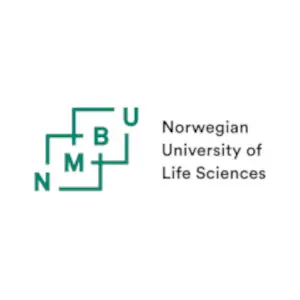
The Faculty of Biosciences at NMBU contributes to the shape of future food production through basic and applied research on the production and use of plants, livestock and fish. The Department of Livestock and Aquaculture Science, IHA has expertise in genomics, genetics, and breeding, ethology and animal welfare, livestock nutrition and feed. The department has a new focus on strengthening basic research on sustainable food systems, as well as interdisciplinary and cross-disciplinary research collaboration both nationally and internationally. The research group “Ethology and Animal Welfare”, now consisting of 8 people, has expertise in behaviour and welfare of domestic animals (production and pet animals, on land and in water) and domestic animal environment. Regarding teaching, IHA holds the following master programs: European Masters in Animal Breeding and Genetics, Animal Science, Genome science, Agroecology, Aquaculture, Plant Sciences, Sustainable Food Systems, Urban agriculture. Students may choose one of three specializations: animal breeding and genetics, animal nutrition or ethology and animal welfare.
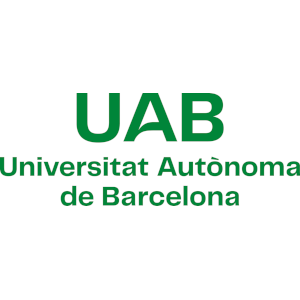
The Universitat Autònoma de Barcelona (UAB) is one of the major public universities of Spain.
According to the 2023 Shanghai’s Academic Ranking of World Universities, UAB is ranked 8th in the world for this subject. Within the School of Veterinary Science, the Animal Welfare Research Group (AWRG) investigates farm animal behaviour and the development of scientifically valid, practical and reliable methods of animal welfare assessment. The group includes five senior researchers, one postdoc researcher and 3 PhD students. The AWRG has participated in numerous public and private projects becoming one of the most prolific groups in the field of animal behaviour and welfare research in southern Europe. For example, UAB coordinated one work package of the biggest research project ever performed on animal welfare research, the Welfare Quality (WQ) project with a 17M € budget (EU) involving 43 partners across 21 countries, to develop animal welfare indicators. In addition, in the last 5 five years, the group has participated in 6 public funded research projects (including the coordination of a European H2020 project; ClearFarm) with a total budget of 7M €, and 3 projects with private companies worth 150,000 €. Other research projects include aWISH (Animal Welfare Indicators at the Slaughterhouse, Horizon Europe) and the European Platform on Animal Health and Welfare (EUPAHW).
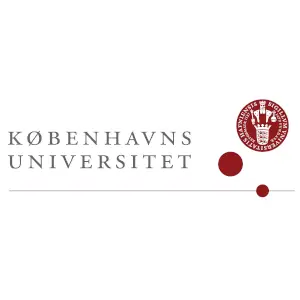
UCPH boasts an international research and study environment and is highly ranked among the world’s best universities. Research at the Department of Veterinary and Animal Sciences contributes to solutions to important society challenges such as ensuring animal welfare in animal husbandry, understanding and minimizing antibiotic resistance as well as maintaining and enhancing food safety. The goal of the section Animal Welfare and Disease Control is to conduct research related to veterinary science within the fields of bioethics, animal welfare and behaviour and epidemiology. The research focuses on identifying and describing patterns, associations and relationships, and using this knowledge to improve animal welfare, sustainability and profitability within animal production. The subjects of animal welfare, prudent use of antibiotics, sustainable production systems and profitability for farmers are the core of the research in this group.
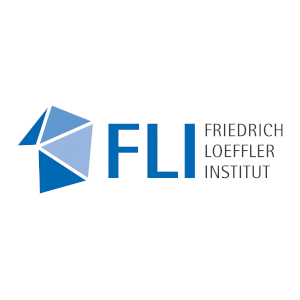
The Friedrich Loeffler Institute (FLI) is a federal research institute focused on animal health and operates under the German Federal Ministry of Food and Agriculture (BMEL). As a key institution, the FLI is dedicated to advancing scientific knowledge on the health and welfare of farmed animals and preventing zoonoses, covering areas as such as animal diseases, welfare, husbandry, nutrition and genetics. Among the FLI’s twelve institutes, the Institute of Animal Welfare and Animal Husbandry (ITT) will contribute to SOWtrack and is dedicated improving the welfare of farmed animals. The ITT has extensive expertise in development and implementing pig welfare protocols tailored to various stages of animal production—on-farm, during transport, and at slaughter. The ITT is/was partner in different EU-projects on pig welfare (e.g. SusPigSys, PigStun) and of the European Partnership on Animal Health and Animal Welfare (EUPAHW) (e.g. in Specific Objective Action 9). Furthermore, the ITT is one of three partners in the European Reference Center for Animal Welfare Pigs (EURCAW-Pigs) and coordinates the scientific work of the center. On a national level, the ITT manages numerous funded pig projects that involve close cooperation with farmers, veterinarians, policymakers, and other stakeholders (e.g. EiKoTiger, ÖkoTier, TIGER, NaTiMon).
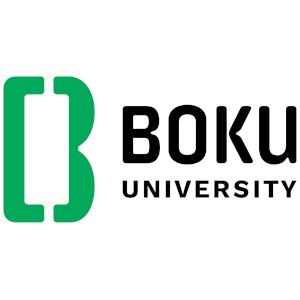
BOKU is one of the best Life Sciences Universities in Europe, distinguished by its holistic approach to research and teaching. Its scientists, students and graduates work on solutions for burning social issues and for a sustainable future. BOKU is the only University in Austria, where students can achieve Bachelor Degrees in Agriculture and Master in Animal Science, taught at the Department of Sustainable Agricultural Systems. The university hosts the EURCAW Reference Centre for Ruminants and Equines, and a strong group of researchers actively working in international (e.g. EFSA) as well as national (advisory) boards (e.g. Austrian Tierschutzrat) on Animal health and welfare. Long term research collaborations exist with inter/national research partners as well as industry/farmer organizations. Within the Division of Livestock Sciences, a strong and long-term focus lies on farm animal welfare assessment and improvement strategies- ranging from development and validation to on-farm application. These were the basis of many European as well as national research projects, regarding pigs including e.g. assessment of pregnant sow systems, implementation of health & welfare planning on organic pig farms in Austria, improving pens for growing-finishing pigs, evaluating temporary crating systems for lactating sows planning and development of animal-based parameters for certification systems.
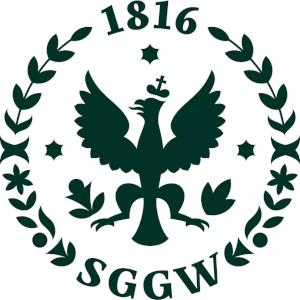
The Warsaw University of Life Sciences (WULS) is the oldest agricultural and natural science university in the country, dating back to 1816. The school is a thriving academic centre, valued for its attention to the quality of education, fidelity to the best university traditions, openness to change and dynamic development. The university offers 40 fields of study (including 9 conducted in English): from natural sciences and technology, to veterinary science, social sciences or economics, and educates nearly 16,000 students in full-time, part-time, doctoral and postgraduate programmes as well as in international student exchange. The state-of-the-art research centres, studios and laboratories at our disposal and the presence of eminent experts make it possible to educate and conduct world-class research and to transfer the results to the economy, which influences innovation and progress in, among others, agriculture, the food economy or medicine, and contributes to the growing importance of Polish science in the world. The university conducts joint research and teaching with more than 275 foreign universities from 50 countries around the world. WULS has coordinated or been partner of several EU-level projects on pig welfare as well as successfully led a large number of nationally funded ones.
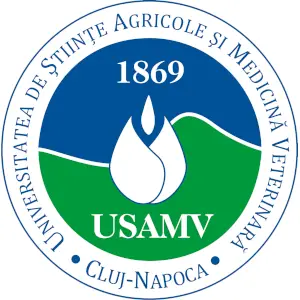
One of the most prestigious Life Sciences Universities in Romania, the University of Agricultural Sciences and Veterinary Medicine Cluj-Napoca (USAMV Cluj-Napoca) is constantly focusing on improving the learning, teaching and research process, in compliance with the EU standards, and to maintain our top priorities, which are excellent research activities, linked with international collaborative strategies. The university offers courses in all three cycles (Bachelor, Master, PhD) in the fields of agriculture, veterinary medicine, animal science and biotechnology, horticulture, food science and technology. It is organized in 6 faculties, having overall 5,500 students, out of which 700 international ones. Courses related to animal behaviour are organized under the umbrella of the Animal Science and Biotechnology Faculty with a recently developed Bachelor and Master programs (in English).
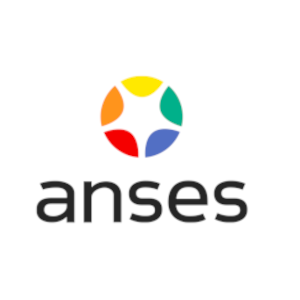
ANSES is the French Agency for Food, Environmental and Occupational Health & Safety. It is a public administrative body reporting to the Ministries of Health, the Environment, Agriculture, Labour and Consumer Affairs. As an agency working for the benefit of all society, it has been providing the scientific benchmarks needed to protect us from health risks related to food, the environment and the workplace, or from risks affecting the health of animals and plants. As an agency of scientific expertise, it monitors and assesses these health risks and devotes research activities to them. It helps advance scientific knowledge to support public decision-makers, including during health crises. The ANSES unit involved in the project is the Epidemiology, Health and animal welfare unit (EPISABE) which focuses its research activities on (i) understanding and managing categorized and non-categorized health hazards in the poultry, pig, rabbit and fish industries, as well as zoonotic hazards within these industries, (ii) antibiotic use practices in relation to the emergence of resistance and (iii) improving animal welfare (poultry and pigs).
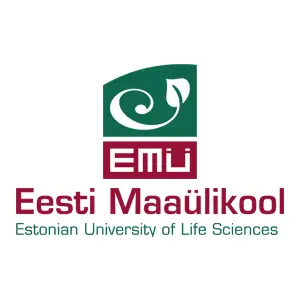
Eesti Maaülikool, is an integrated research, development, education and cultural institution with the objective of contributing to the sustainable development of society and the well-being of people, by providing internationally recognized advanced academic teaching, research and development and innovative services. The University promotes bioeconomy, research and development in the fields related to the sustainable use of natural resources and the development of rural life and rural economy on a value chain basis. The Institute of Veterinary Medicine and Animal Sciences has been involved in numerous projects, both nationally and internationally funded, involving welfare and production and health in pigs. We are currently involved in the Horizon One Health project: Boosting the One Health Research Excellence and Management Capacity of the Estonian University of Life Sciences. As a small nation we have excellent contacts and experience of engagement in research and education with the pig farmers of Estonia.

With its roughly 30 branches, 7,000 employees and 13,000 students, Wageningen University & Research (WUR) is one of the leading organisations in its domain. Stichting Wageningen Research (WR) is one of the two legal entities belonging to WUR. Wageningen Research had 3,456 employees in 2023, and an annual turnover of around 419 million euro. It is a contract research organisation with no teaching obligations, although many of its scientists are involved in MSc and PhD supervision. In 2019 WR published over 1,475 peer reviewed publications. WR has 9 research institutes including Wageningen Livestock Research (WLR). WLR enjoys a top position internationally in scientific research into livestock systems and nutrition, genetics, animal welfare and environmental impact of farming animals. WLR staff has extensive experience with studying and providing training on pig welfare measures. As coordinator of the Welfare Quality project that laid the foundations for the use of animal-based measures in welfare science and welfare monitoring schemes, WLR has developed and disseminated knowledge on the assessment of animal welfare for many years. Furthermore, as a coordinator of the first EU Reference Centre for Welfare – Pigs, and its involvement in EFSA working groups and the EFSA AHAW panel, WLR is aware of the European needs for policy and risk assessment on pig welfare.